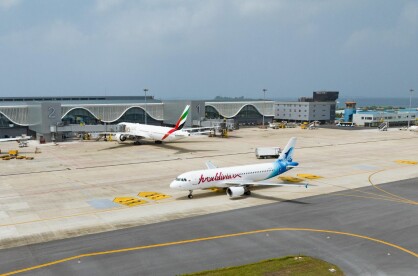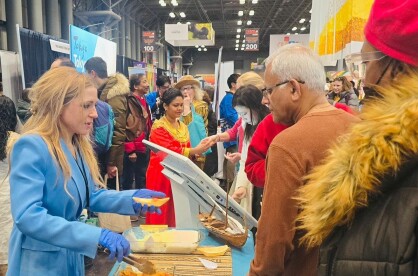The Maldivian government has launched new initiatives to strengthen and expand the country’s agriculture industry, a vital yet often overlooked sector compared to the more prominent fisheries and tourism industries. Agriculture plays a crucial role in ensuring food security for the Maldives and supporting the local economy.
As part of these efforts, the Ministry of Agriculture has begun the process of registering and documenting all individuals involved in commercial farming across the Maldives. While many farmers operate on a small scale, commercial agriculture is steadily growing, particularly with resorts increasingly adopting farm-to-table concepts in their dining operations. The Ministry is collecting information not only from large-scale farmers but also from small-scale poultry farmers and those cultivating plants for commercial purposes. Interested individuals have been asked to submit their details to the Ministry by April 10, 2025.
These developments follow a generous donation from China, which provided MVR 213,000 worth of agricultural equipment to the Maldives. The donation, facilitated by the Sichuan Provincial Department of Agriculture and the Sichuan Academy of Agricultural Sciences, includes 25 sprayers for large trees, 100 soil fertility test kits, 35 automatic sprinkler controllers, and 240 avian influenza test kits.
The Ministry plans to use this equipment to address agricultural challenges, such as the growing threat of pests like the coconut hispid beetle, which continues to damage coconut palms across the Maldives. To tackle these issues effectively, the donated equipment will be distributed to atoll and city councils, allowing pest control efforts to be scaled up nationwide






